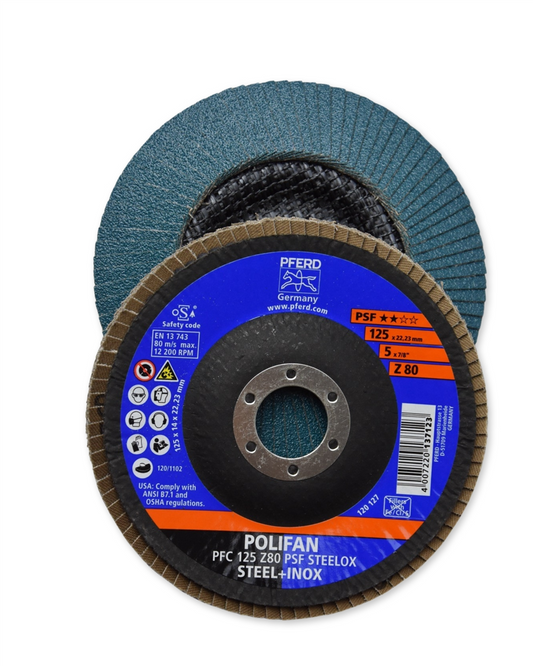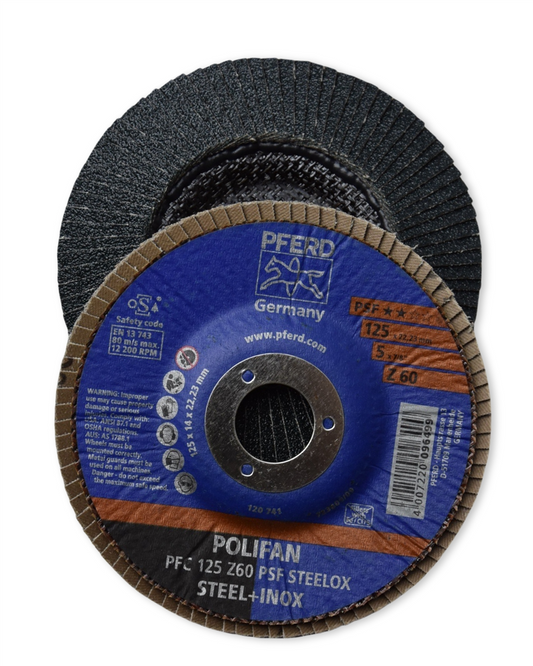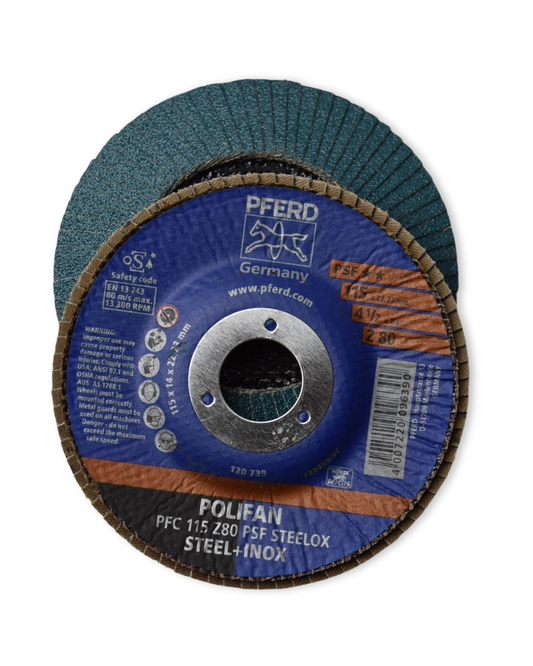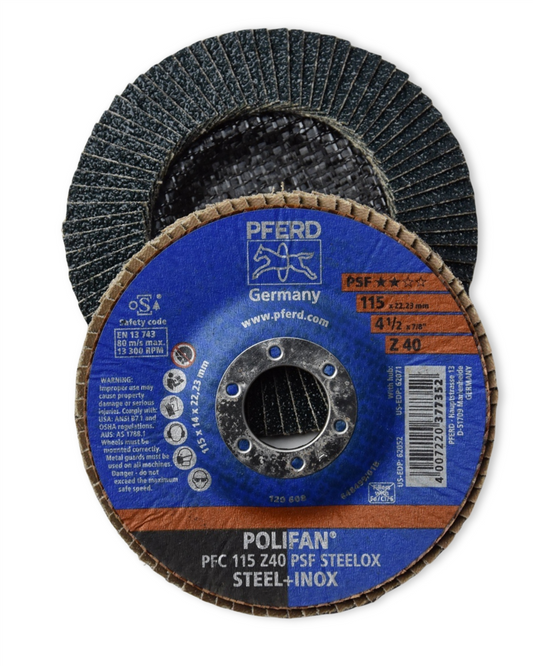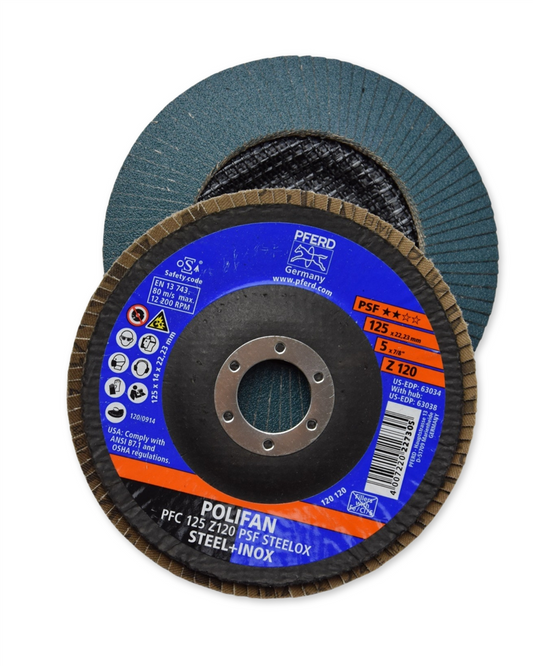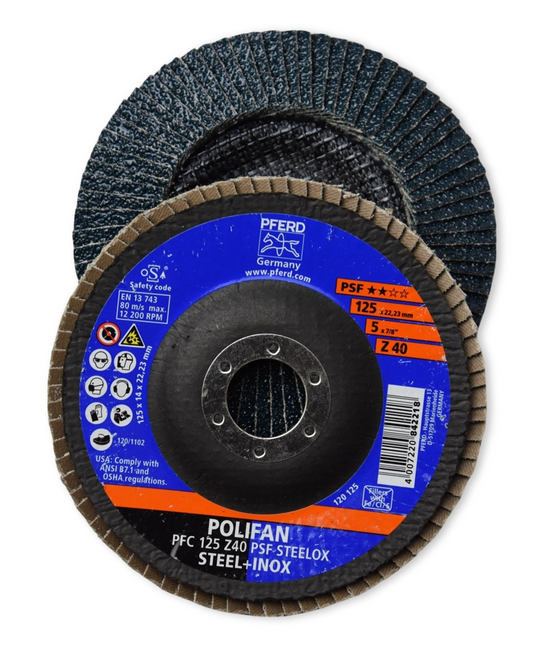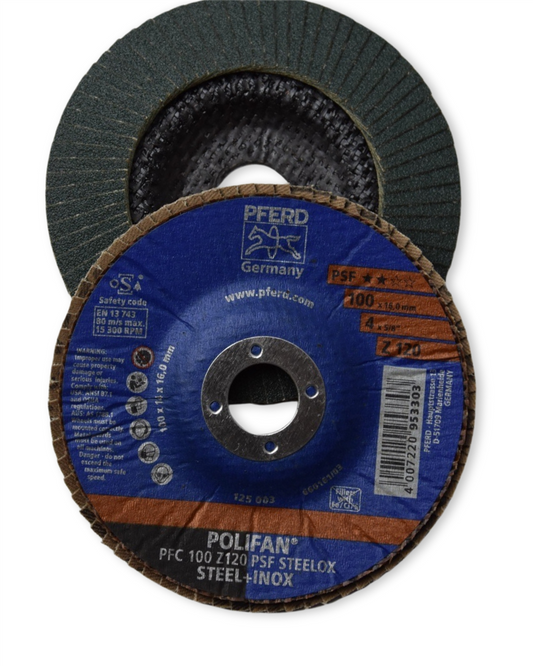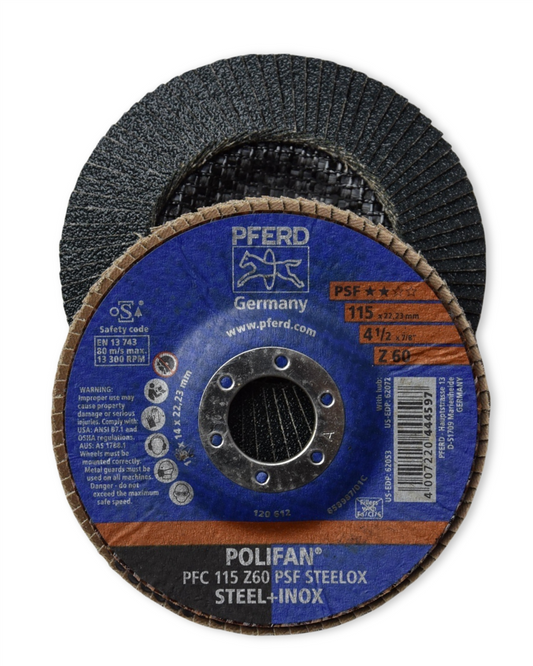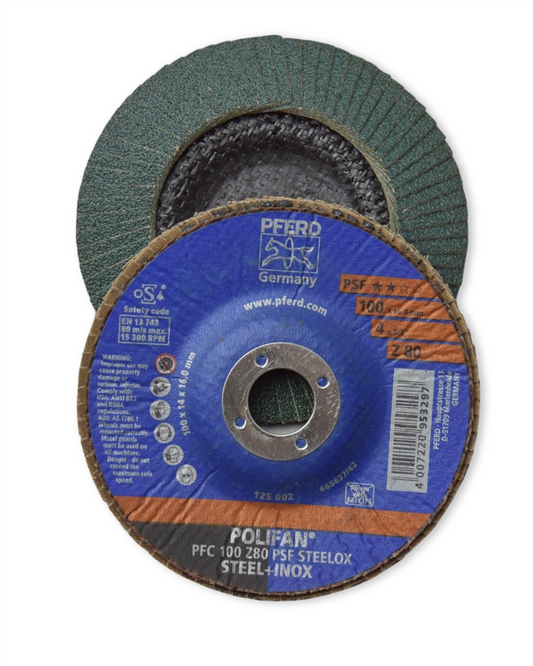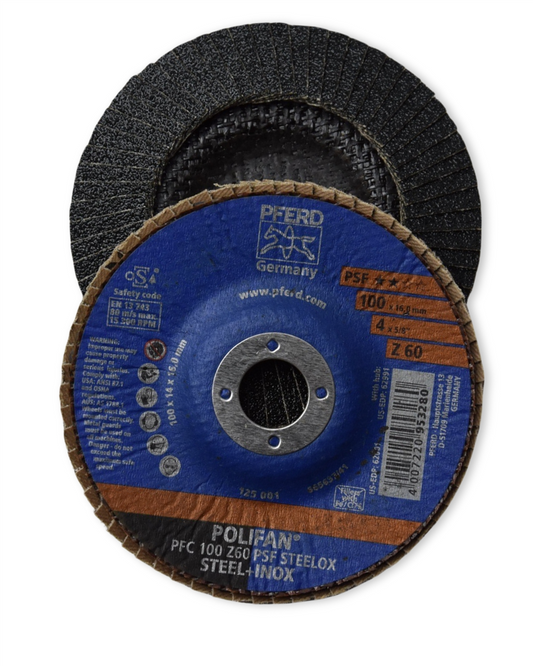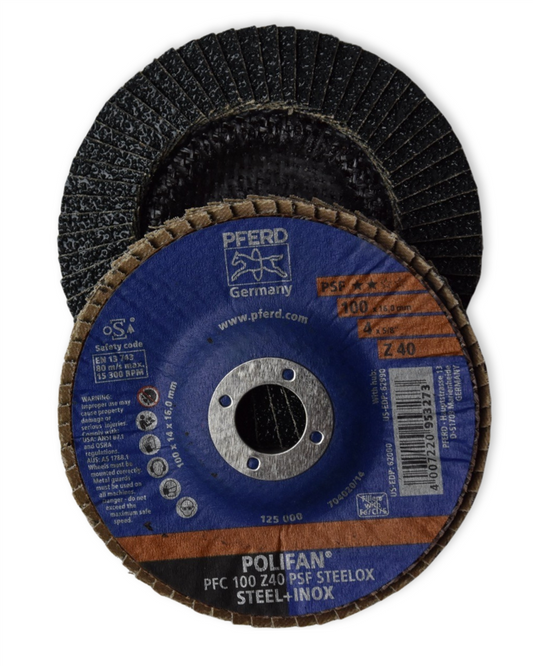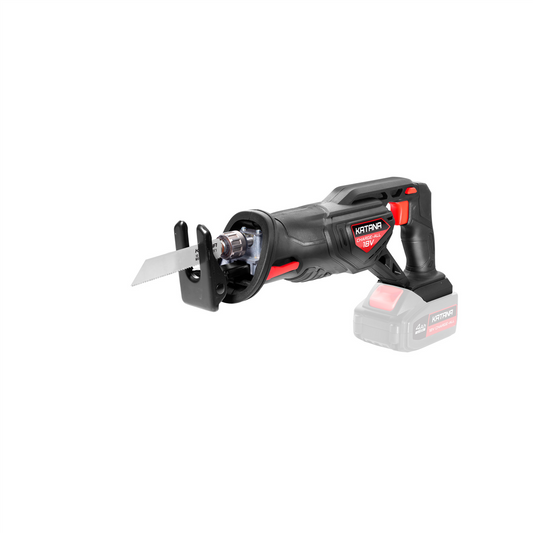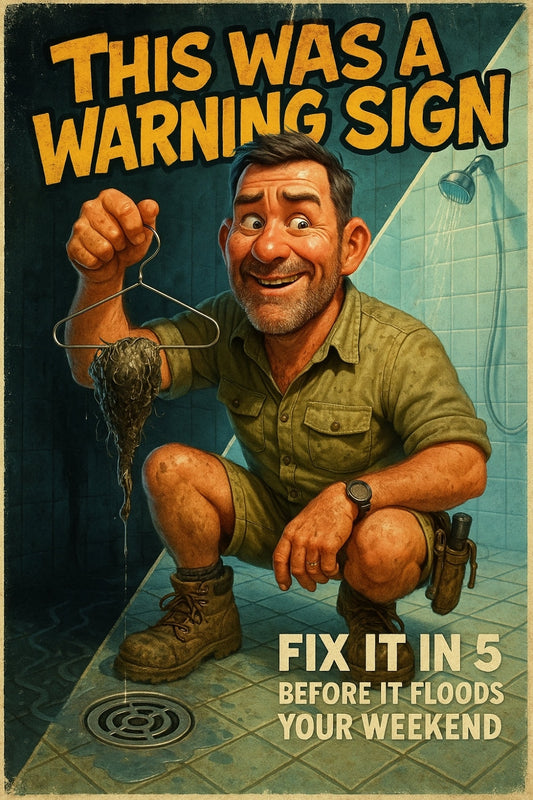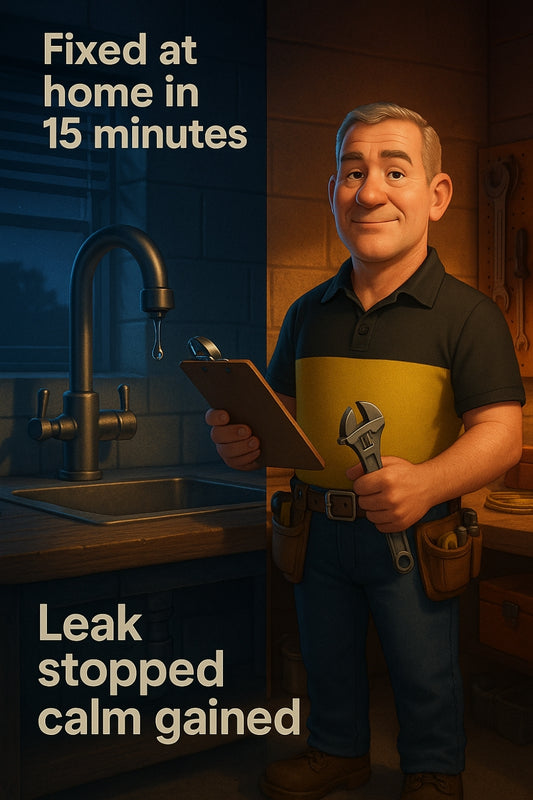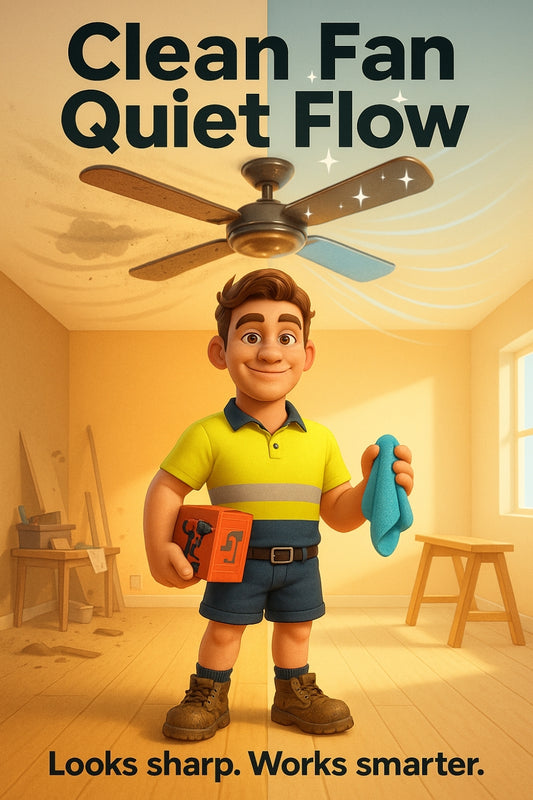Tiny leaks don’t stay tiny — stop your home's sneaky saboteurs before they cost you
Share
Catch problems early, fix them fast — home care that saves your sanity
It starts small. A bit of flaking paint near the skirting board. A musty smell in the laundry. A tap that takes its sweet time to stop dripping. You shrug, tell yourself you’ll get to it later... and then three months (and one plumbing disaster) later, you're wishing you handled it sooner.
Here’s the truth: little home issues have big dreams. Left alone, they morph into wallet-thinning, weekend-ruining beasts. The good news? Spotting trouble before it throws a tantrum isn’t rocket science — it’s habit, attention, and knowing what to look (and sniff) for.
The domino effect of everyday delays
Homes don’t go from tidy to tragic overnight. It’s a slow drip — sometimes literally. A leaking pipe behind the bathroom vanity doesn’t scream for attention. It whispers. Then one day the vanity swells, the skirting warps, and you’re Googling ‘how to pull apart a cabinet without losing your mind’.
“Every house tries to tell its story — one creak, drip, or stain at a time.” – Candeece, DIY Advisor
The trick is building a rhythm with your space. No need to go full inspector mode. But once a month? Have a little wander. Open cupboards. Check window seals. Notice smells. Feel for damp spots. Humidity’s sneaky — and always looking for a place to settle in.
5 subtle signs that scream for your attention (if you know what to spot)
You don’t need a toolkit straight out of a tradie truck — just your senses and a sprinkle of curiosity.
- Doors that don’t close properly: Could be moisture swelling the timber or a tell-tale of shifting foundations.
- A constant ‘tick tick tick’ from the tap: Often a worn washer. Cheap and easy now, costly and soggy later.
- Tiny rust spots on the ceiling: Might be from a slow roof leak — especially after heavy rain.
- Faint mildew scent in wardrobes or laundries: May signal rising damp or improper airflow — especially in older homes.
- Paint peeling or bubbling: Usually water’s involved. Don’t patch over it without checking what’s underneath.
Routine = rescue mission (with a side of satisfaction)
There’s something quietly satisfying about catching issues before they spiral — like finding the rogue sock before it clogs the machine. Here’s an easy rhythm to prevent the chaos:
- Monthly: Do a quick circuit walk. Pay attention to damp areas, plumbing, exterior walls, gutters.
- Quarterly: Clean your exhaust fans, test smoke alarms, run a deep check on windows and doors for drafts.
- After wild weather: Check roof tiles, garden drainage, and outdoor structures (sheds, gates, fences). That gusty wind’s been known to unlatch more than a screen door.
Bonus tip? Keep a ‘home watch’ journal. Nothing fancy — just jot down things you notice as you go. That weird window fog? That shifting paver? If it’s logged, you won’t forget it.
When DIY works — and when to tag in a local pro
Changing a tap washer, sealing a drafty window or swapping out rusty screws? That’s DIY gold. Tools are friendly, fixes feel empowering, and it’s budget-safe.
But if you find mould in walls, water pooling where it shouldn’t, or large cracks forming in tiles or plaster — this isn’t the time to go solo. Those are signs of underlying issues that could snowball.
“If your wall feels damp to touch or smells earthy for days — it’s trying to warn you.” – Candeece
Need a sounding board? Local stores with hands-on staff (like ours) can help decode what you’re dealing with. Bring a photo, describe the details — we’ll steer you in the right direction and let you know if it’s a tube of sealant, or something bigger.
The emotional side of ‘doing it later’
There’s a funny pressure we feel around maintenance — like we should’ve already known, done, fixed it. So instead of handling a tiny crack in the plaster, we delay it... until it makes us feel worse.
Small wins matter. That time you patched a screw hole and painted it like a pro? That counts. It builds confidence. And with each task, you learn what’s normal — and what’s not — in your home’s behaviour.
So, don’t wait for the ‘big fix’ moment. Start with that loose towel hook or the garden tap that won’t shut tight. One solved problem quiets the noise — literally and emotionally.
Final thought
Homes are like quiet roommates. They drop hints, not ultimatums. Listening early — and acting when things are still simple — saves time, stress, and keeps your space feeling like the haven it’s meant to be.
And if you’re ever in doubt, you know where to find us. We're always up for a chat that starts with “okay, so something weird’s happening near the laundry…”
Until next time,
Candeece

Stay Connected
Follow our Facebook Page: Strathalbyn H Hardware on Facebook

